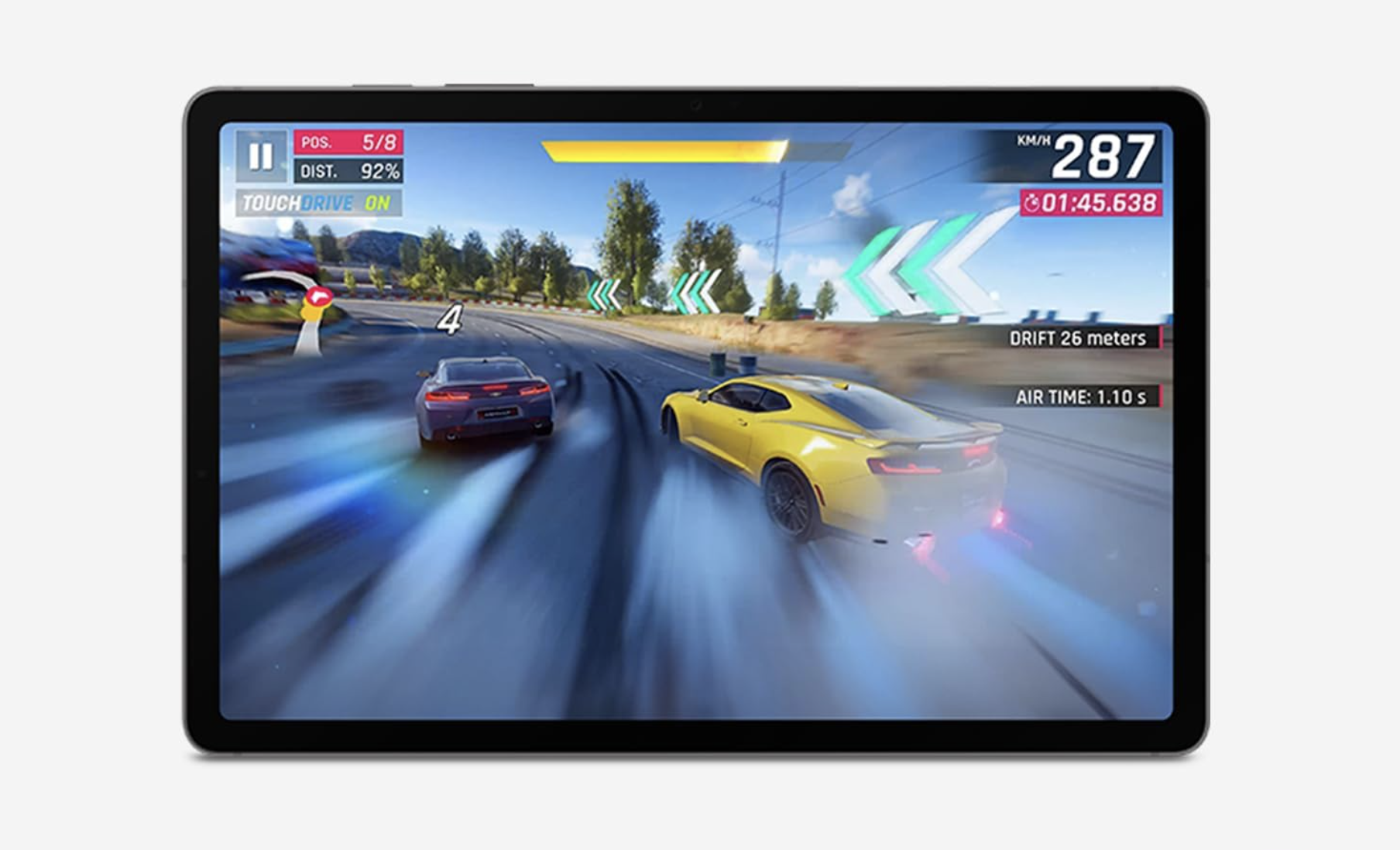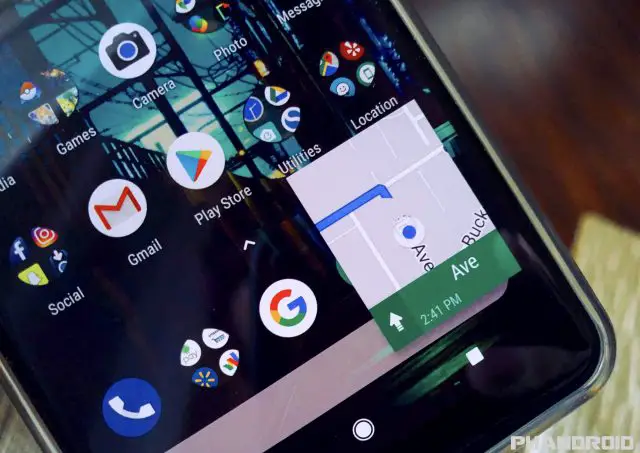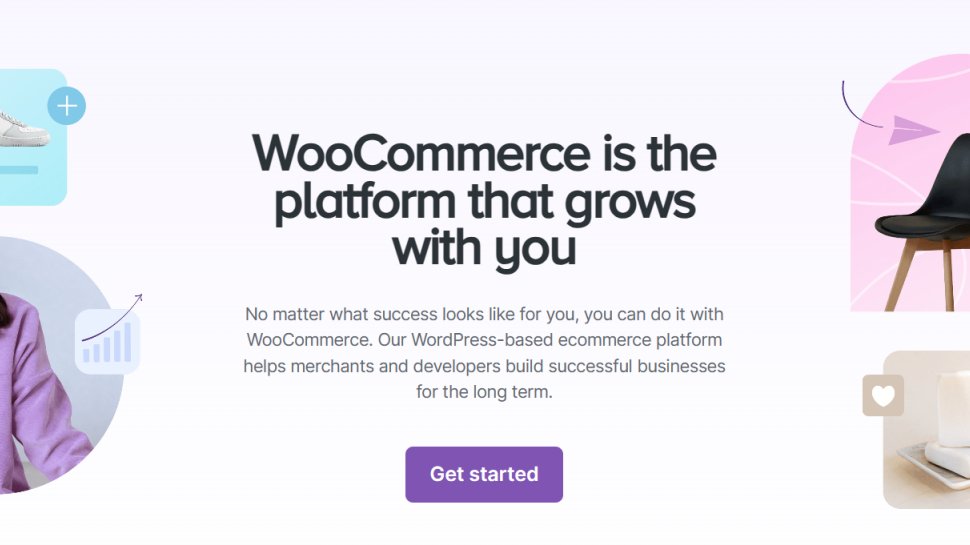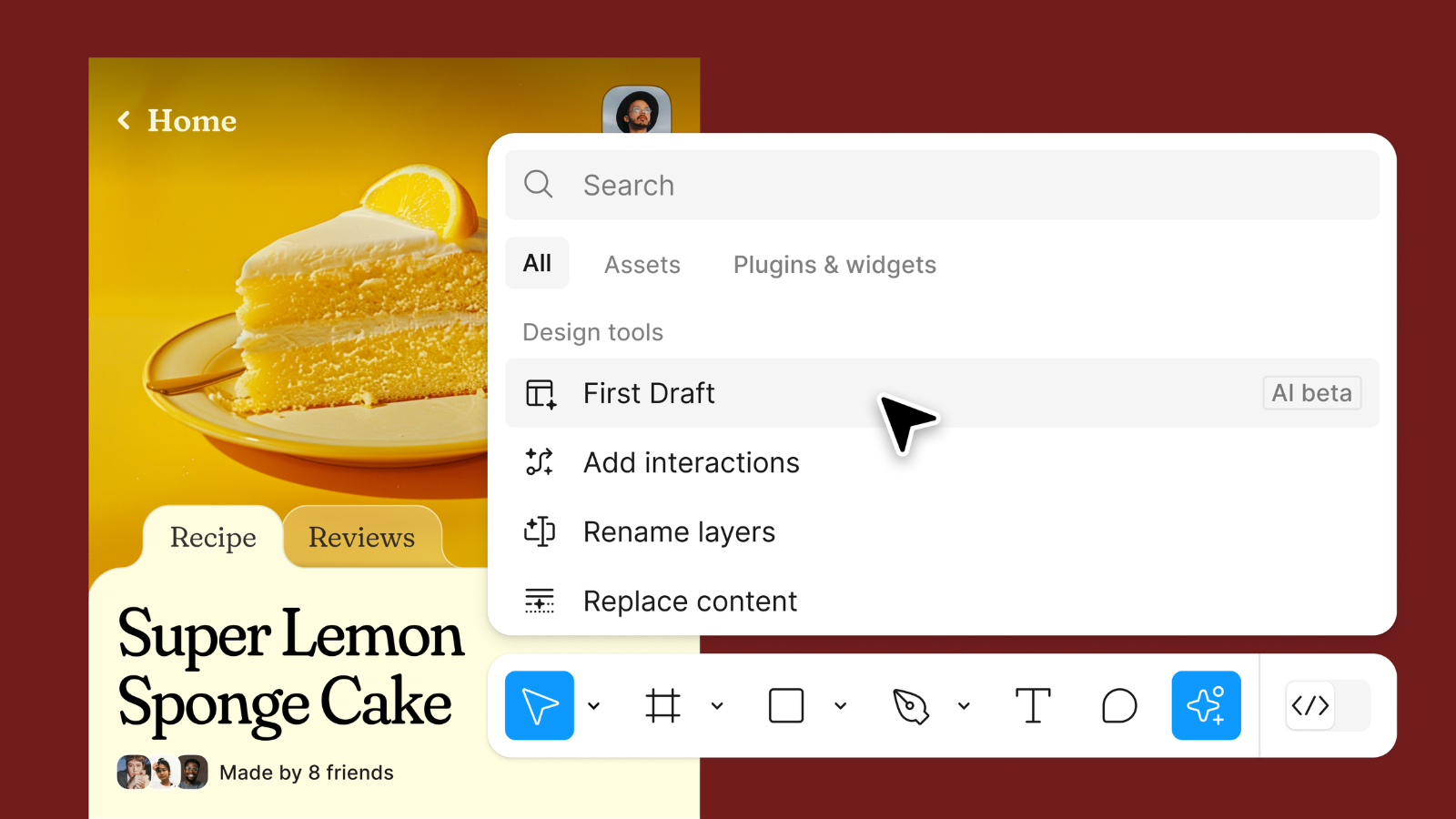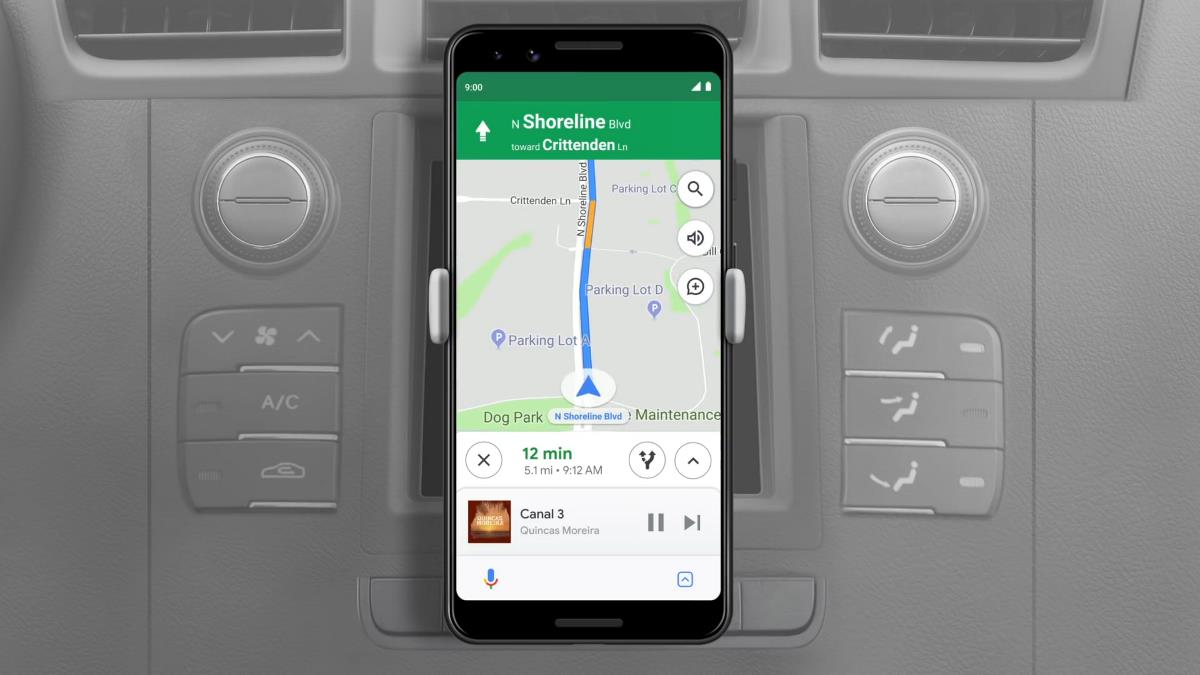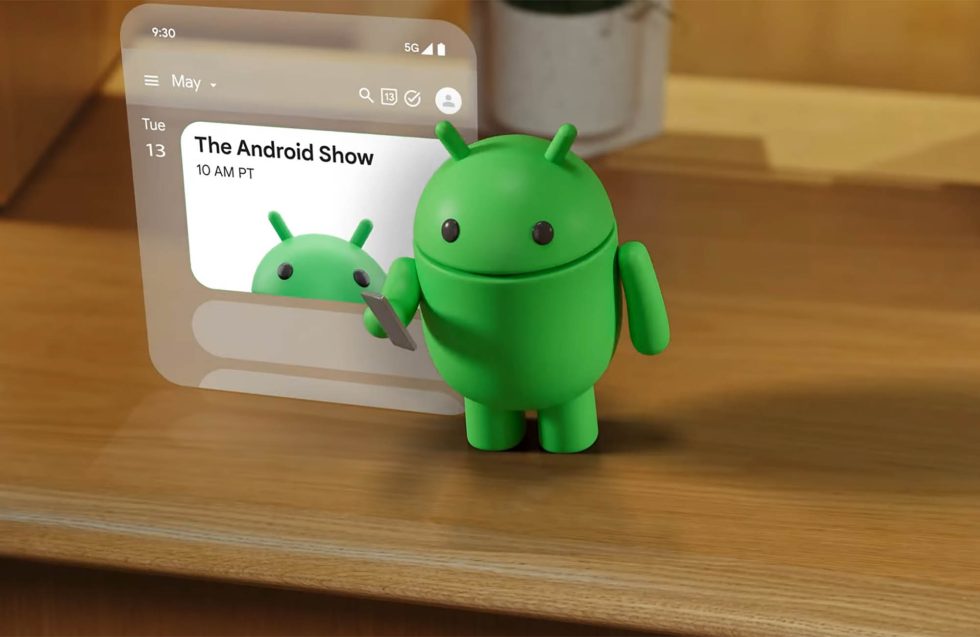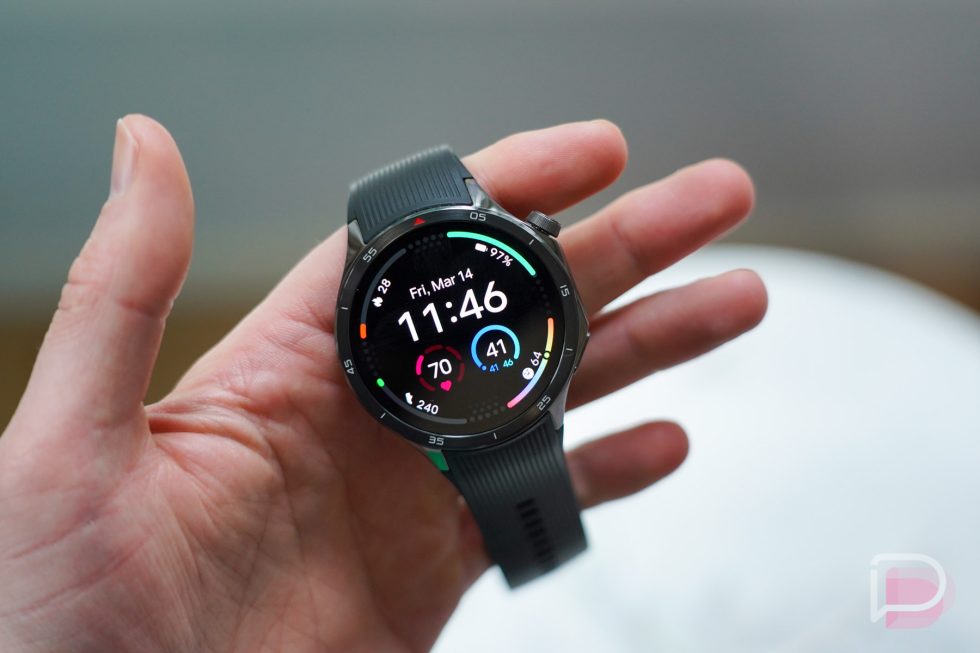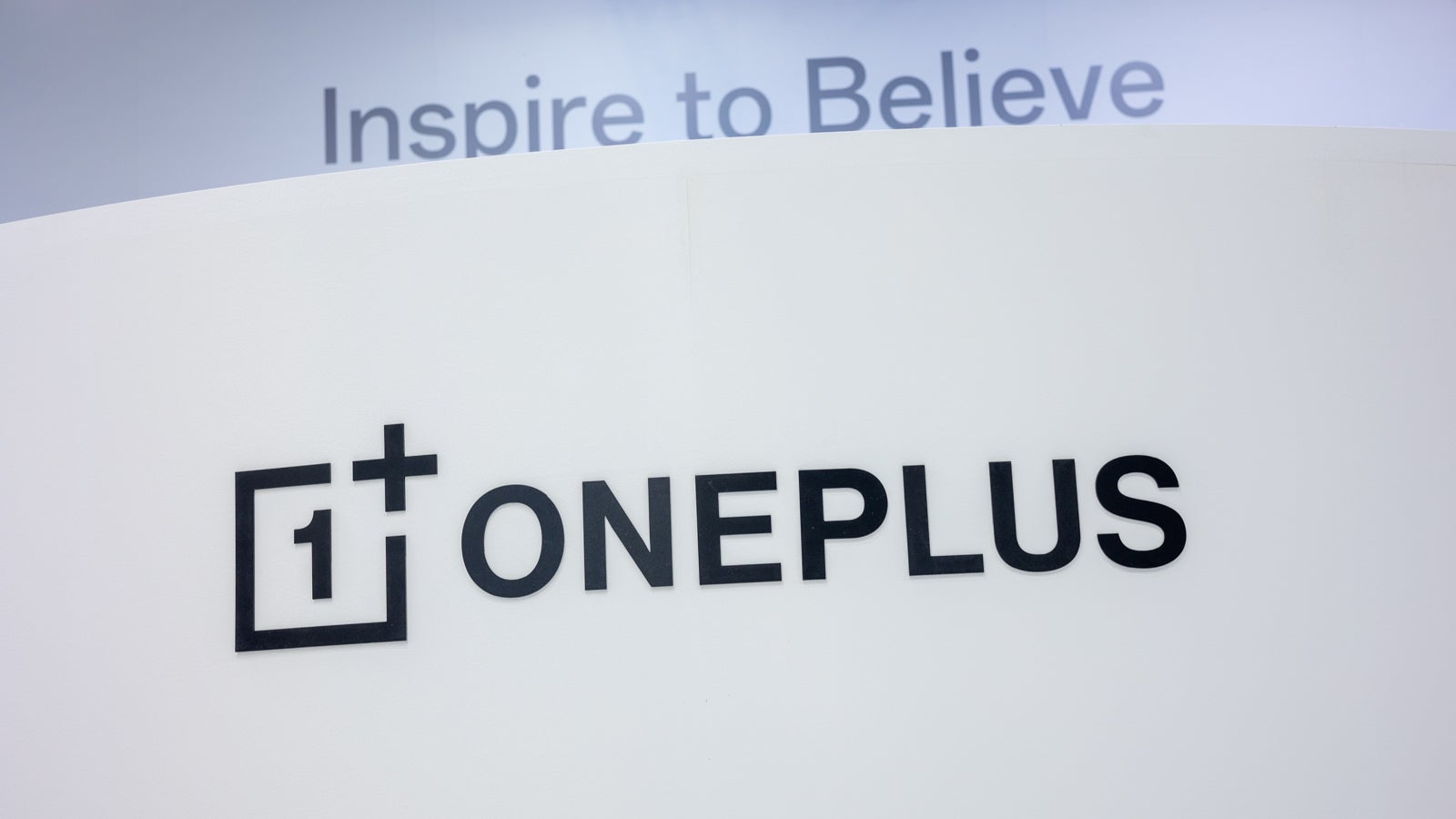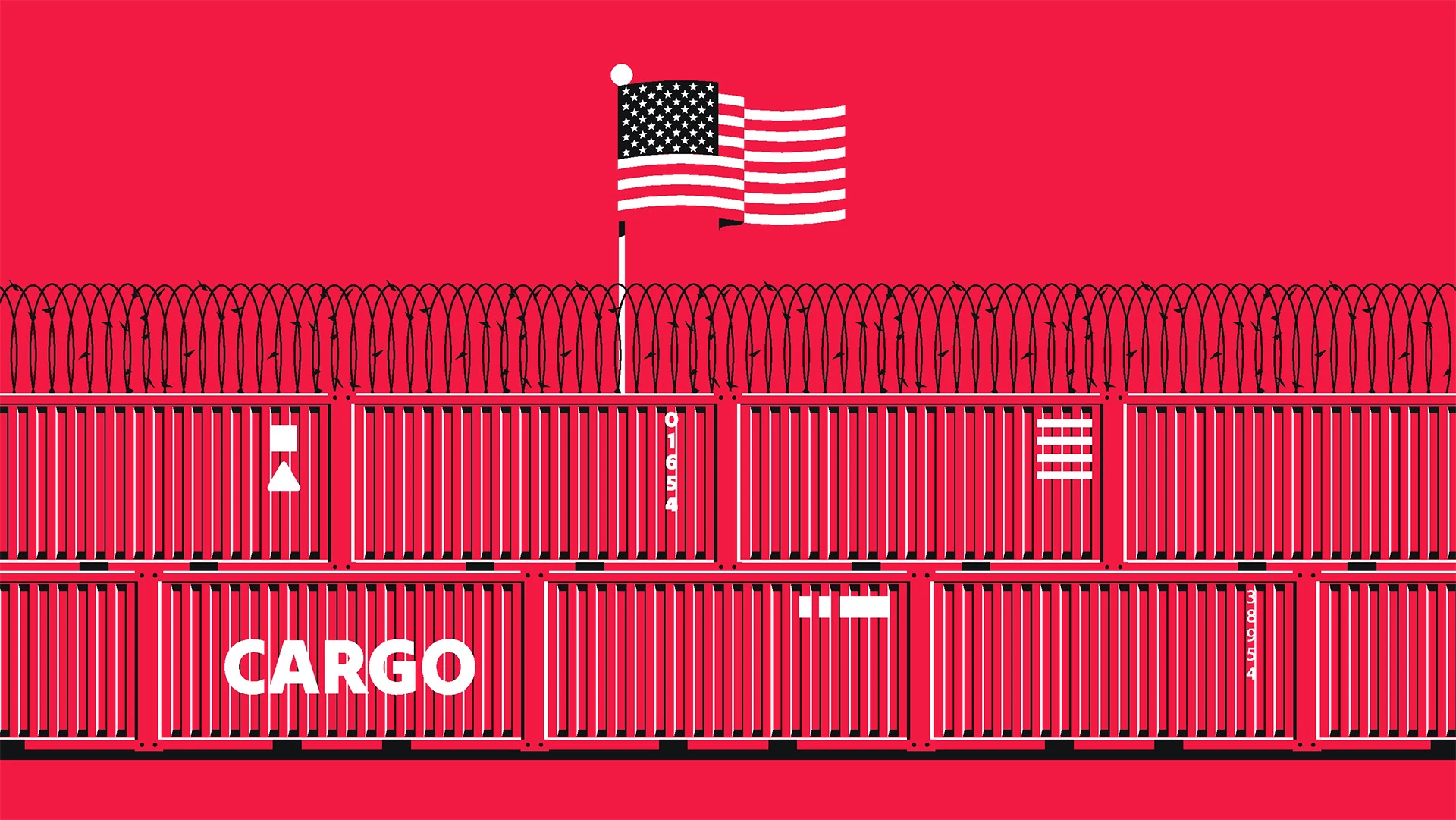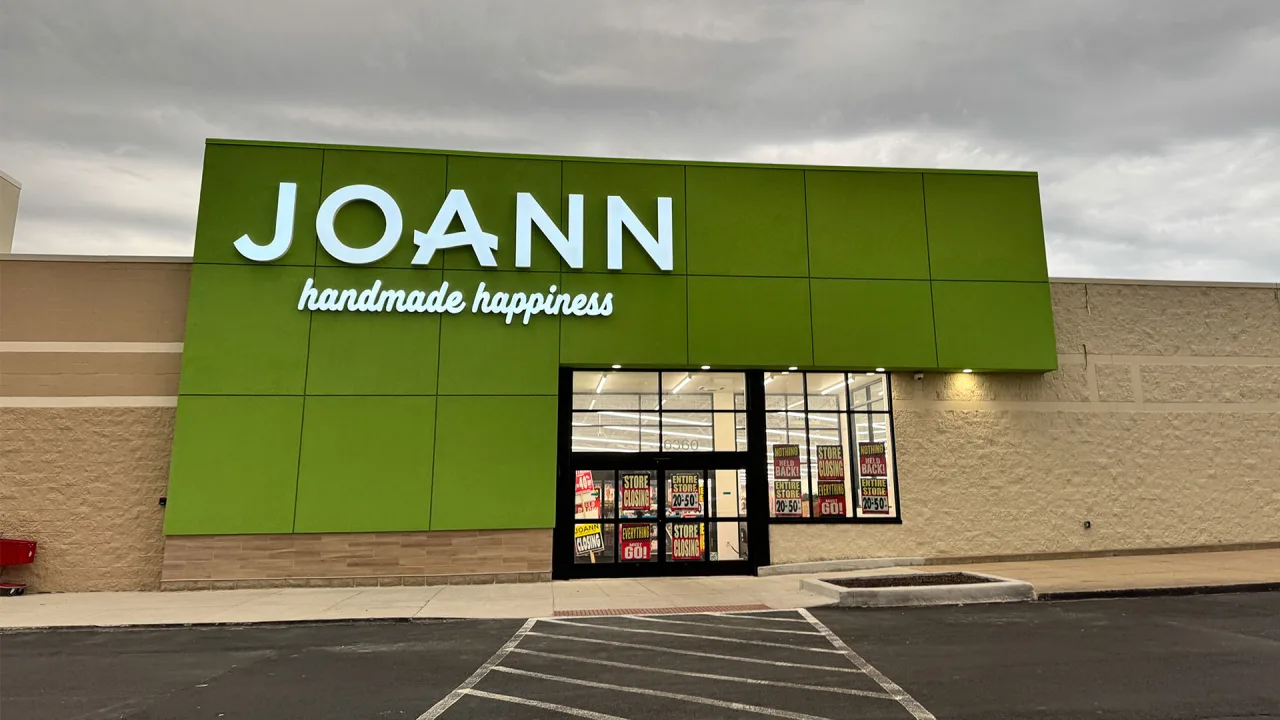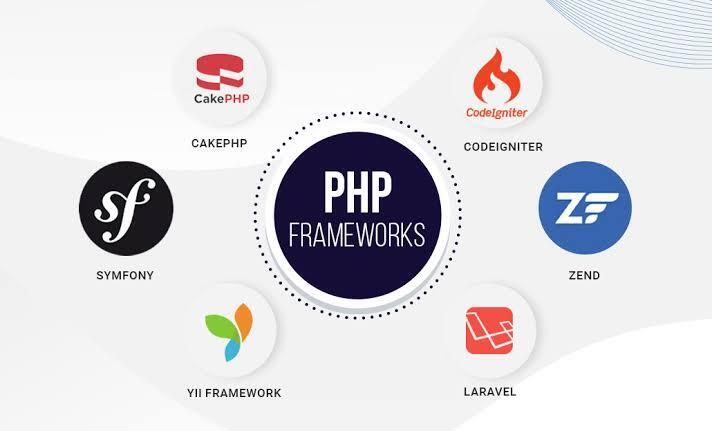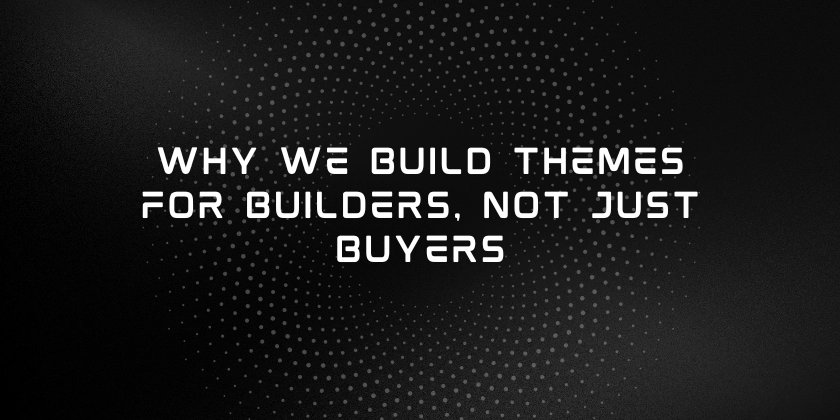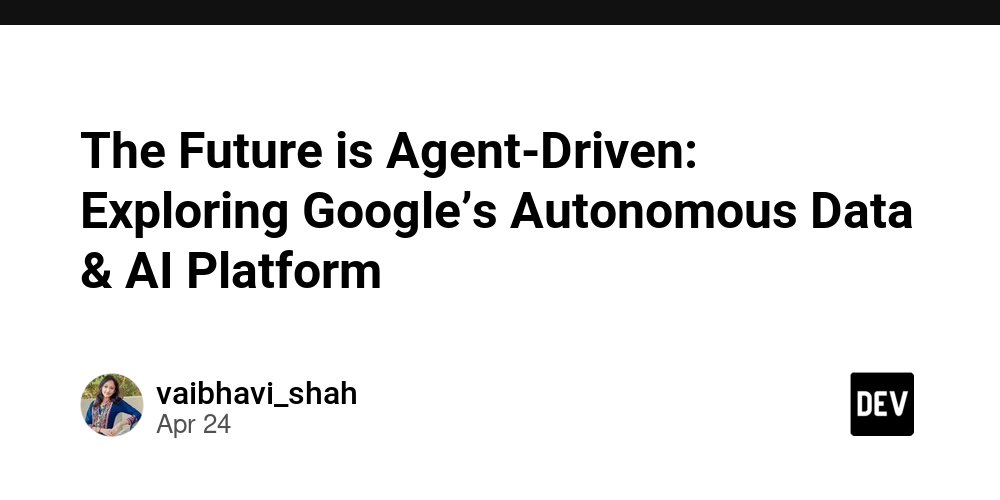Why PHP Is Still the Best Language for Beginner Web Developers in 2025
When people talk about starting a career in web development, languages like JavaScript and Python often dominate the conversation. But if you're serious about learning fast, building real-world projects, and growing steadily, PHP is still one of the smartest choices you can make today. Here’s why PHP remains the best starting point for beginner web developers: Start Building Web Apps Instantly—No Framework Required Most modern languages require you to learn a full framework before you can build even a basic app. Think about Python with Django or Flask, JavaScript with Express.js, or Ruby with Rails. These frameworks add extra complexity that can slow beginners down. With PHP, the story is different. You can simply install PHP, open a text editor, and start writing code that runs dynamic web pages immediately—no framework, no heavy setup, no steep learning curve. It’s hands-on learning from day one, allowing beginners to focus on core web development skills like handling forms, connecting to databases, and building APIs. It’s hands-on learning from day one 2. Scale Quickly with Powerful Frameworks Once you're comfortable with basic PHP, you can easily transition to powerful frameworks that make your development faster, more secure, and more maintainable. Frameworks like: Laravel (modern, elegant, and beginner-friendly) Symfony (robust, enterprise-ready) Slim (lightweight micro-framework for APIs) Leaf PHP (super simple yet powerful) These frameworks give you everything you need to build professional-grade applications without overwhelming you. You grow from simple scripts to structured, scalable software without ever feeling like you’re starting over from scratch. 3. Enjoy Framework-Agnostic Flexibility One of PHP’s hidden superpowers is that it's framework-agnostic by design. You don’t have to lock yourself into a single ecosystem or structure your project the "framework’s way." Instead, you can mix and match powerful standalone components from different frameworks—like using Symfony’s Console component, Laravel’s Collections library, or other battle-tested packages. This flexibility teaches you real-world software skills: composing your own stack, solving problems creatively, and building custom solutions without being trapped by rigid frameworks. You don’t have to lock yourself into a single ecosystem or structure your project the "framework’s way." Instead, you can mix and match powerful standalone components from different frameworks Final Thoughts In a world where technology trends move fast, PHP continues to provide an unbeatable foundation for new web developers: Easy to start Fast to grow Flexible for the future If your goal is to learn web development quickly, build real applications, and prepare for both freelance work and professional jobs, PHP is not just an option—it’s the smart choice._
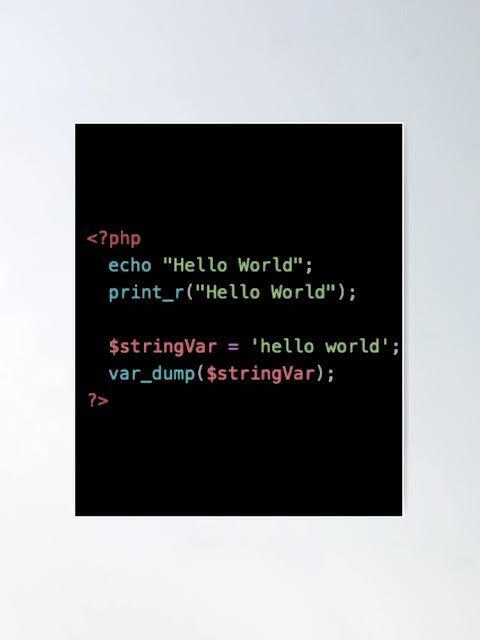
When people talk about starting a career in web development, languages like JavaScript and Python often dominate the conversation. But if you're serious about learning fast, building real-world projects, and growing steadily, PHP is still one of the smartest choices you can make today.
Here’s why PHP remains the best starting point for beginner web developers:
- Start Building Web Apps Instantly—No Framework Required
Most modern languages require you to learn a full framework before you can build even a basic app. Think about Python with Django or Flask, JavaScript with Express.js, or Ruby with Rails. These frameworks add extra complexity that can slow beginners down.
With PHP, the story is different.
You can simply install PHP, open a text editor, and start writing code that runs dynamic web pages immediately—no framework, no heavy setup, no steep learning curve. It’s hands-on learning from day one, allowing beginners to focus on core web development skills like handling forms, connecting to databases, and building APIs.
It’s hands-on learning from day one
2. Scale Quickly with Powerful Frameworks
Once you're comfortable with basic PHP, you can easily transition to powerful frameworks that make your development faster, more secure, and more maintainable.
Frameworks like:
- Laravel (modern, elegant, and beginner-friendly)
- Symfony (robust, enterprise-ready)
- Slim (lightweight micro-framework for APIs)
- Leaf PHP (super simple yet powerful)
These frameworks give you everything you need to build professional-grade applications without overwhelming you. You grow from simple scripts to structured, scalable software without ever feeling like you’re starting over from scratch.
3. Enjoy Framework-Agnostic Flexibility
One of PHP’s hidden superpowers is that it's framework-agnostic by design.
You don’t have to lock yourself into a single ecosystem or structure your project the "framework’s way." Instead, you can mix and match powerful standalone components from different frameworks—like using Symfony’s Console component, Laravel’s Collections library, or other battle-tested packages.
This flexibility teaches you real-world software skills: composing your own stack, solving problems creatively, and building custom solutions without being trapped by rigid frameworks.
You don’t have to lock yourself into a single ecosystem or structure your project the "framework’s way." Instead, you can mix and match powerful standalone components from different frameworks
Final Thoughts
In a world where technology trends move fast, PHP continues to provide an unbeatable foundation for new web developers:
- Easy to start
- Fast to grow
- Flexible for the future
If your goal is to learn web development quickly, build real applications, and prepare for both freelance work and professional jobs, PHP is not just an option—it’s the smart choice._






















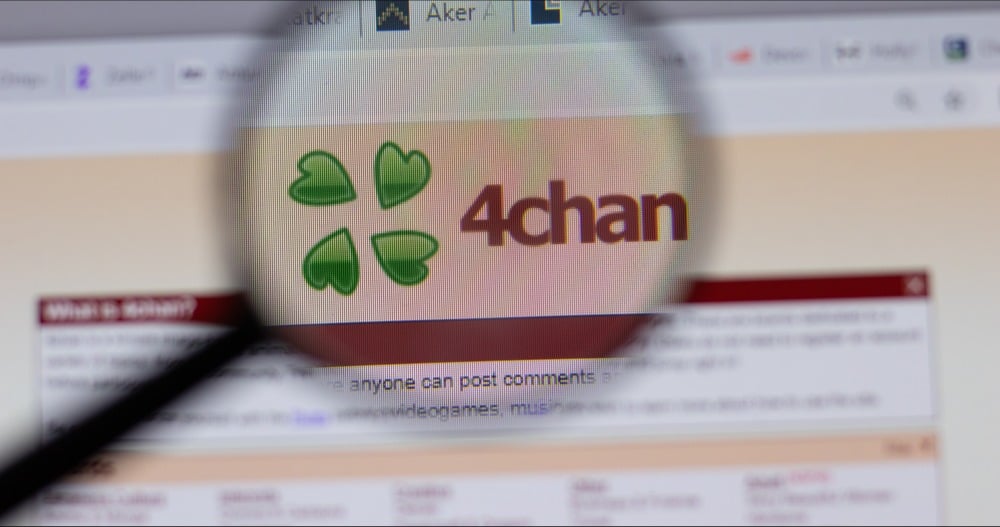












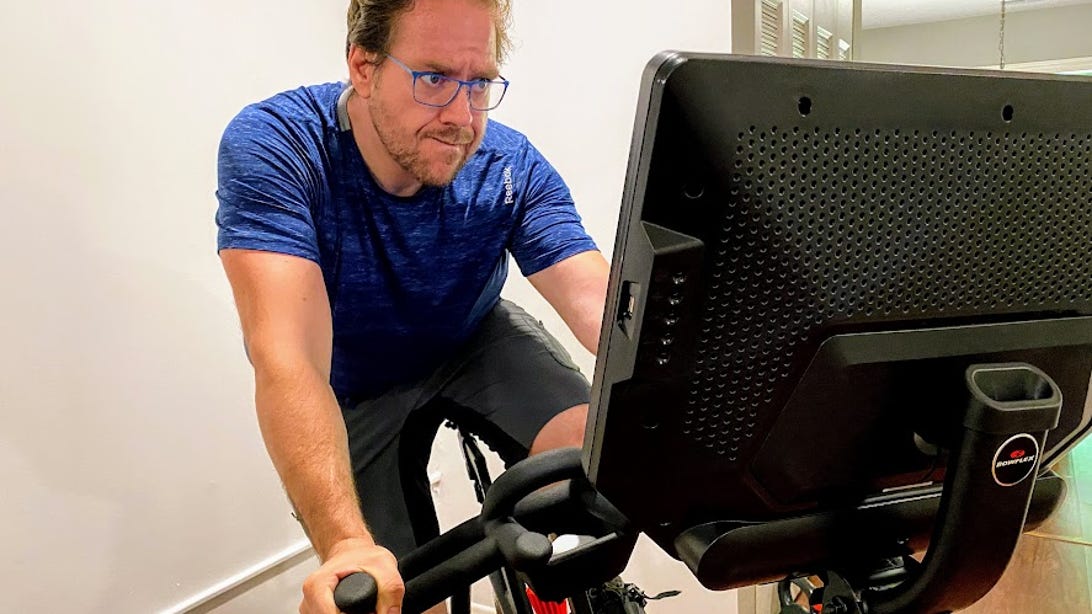































































































































![[The AI Show Episode 143]: ChatGPT Revenue Surge, New AGI Timelines, Amazon’s AI Agent, Claude for Education, Model Context Protocol & LLMs Pass the Turing Test](https://www.marketingaiinstitute.com/hubfs/ep%20143%20cover.png)
















































































































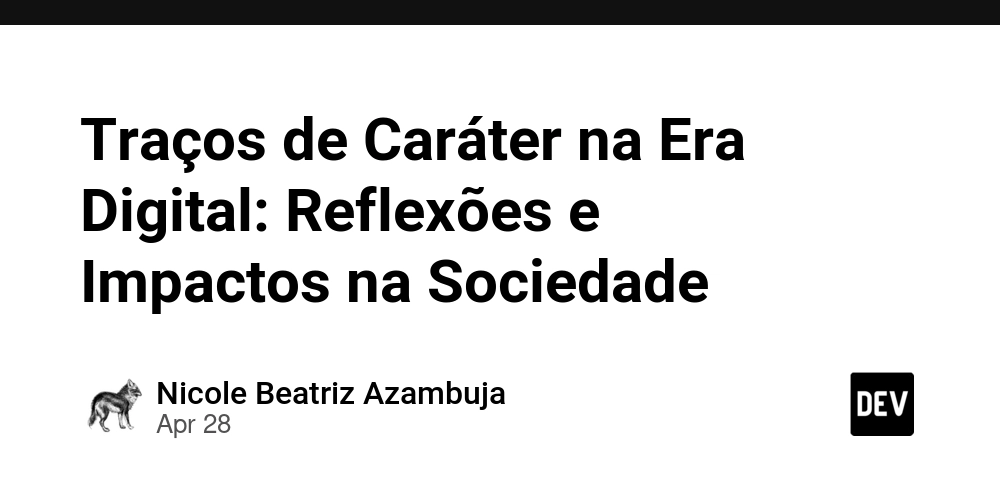














![[DEALS] Koofr Cloud Storage: Lifetime Subscription (1TB) (80% off) & Other Deals Up To 98% Off – Offers End Soon!](https://www.javacodegeeks.com/wp-content/uploads/2012/12/jcg-logo.jpg)




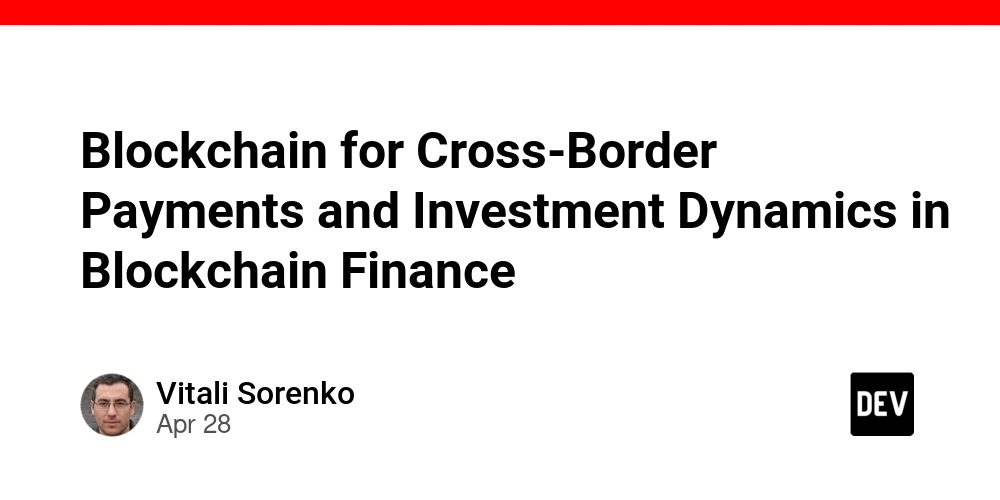
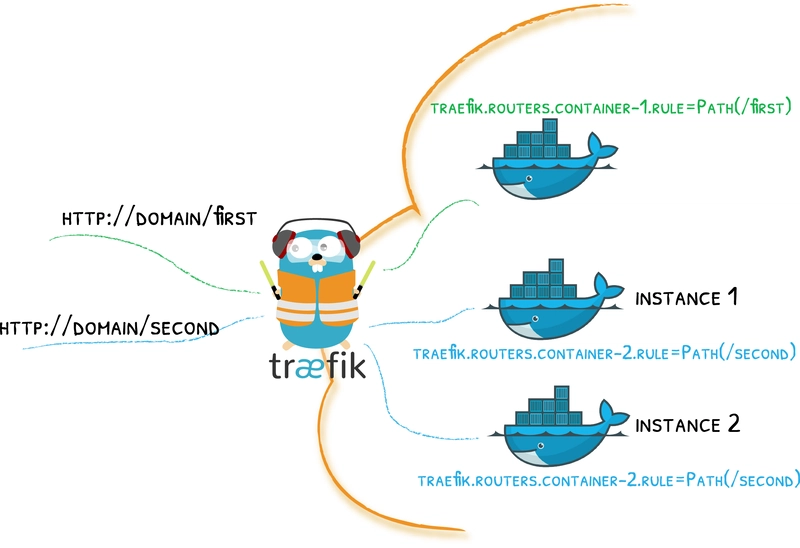








































.jpg?#)




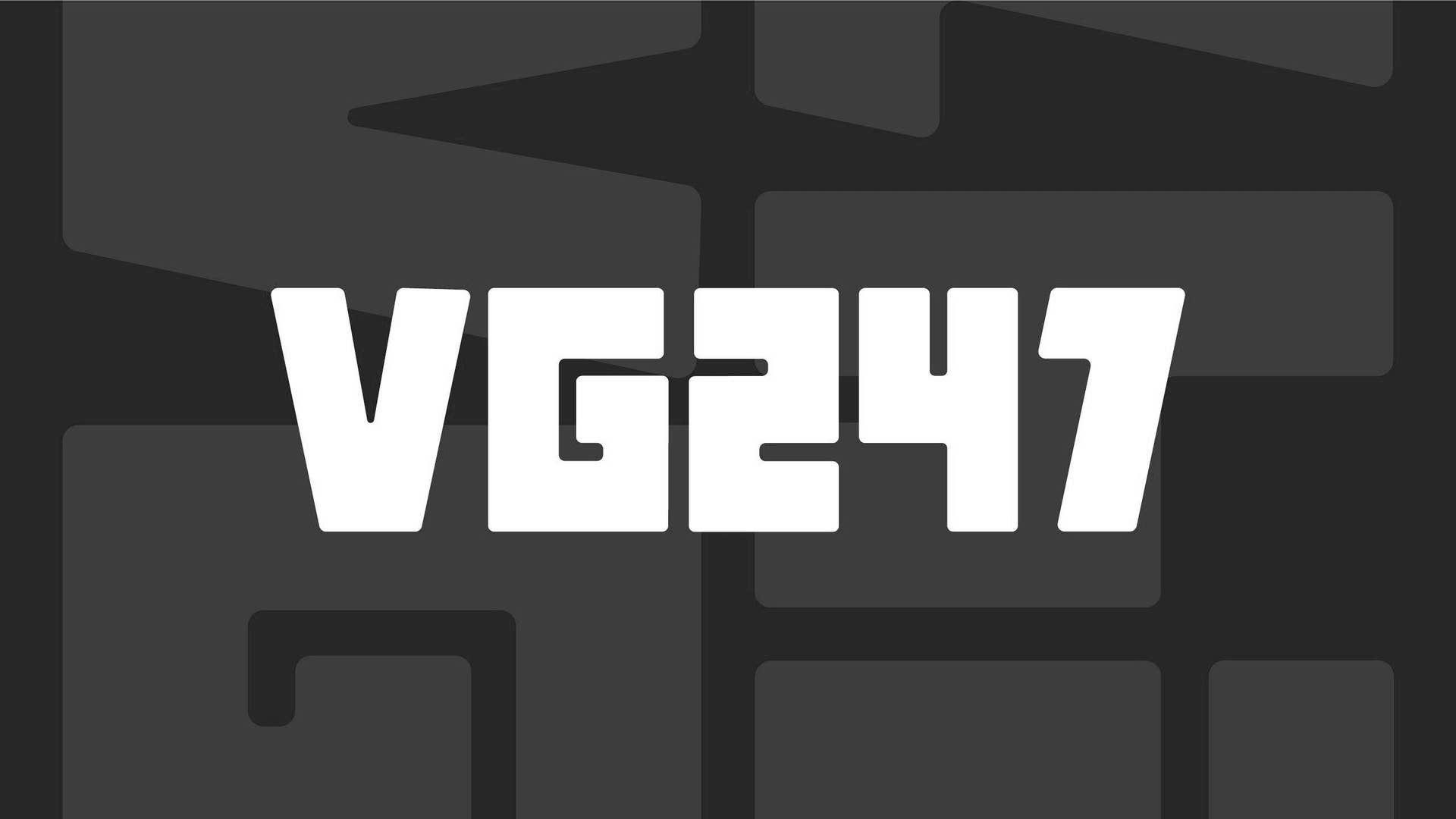







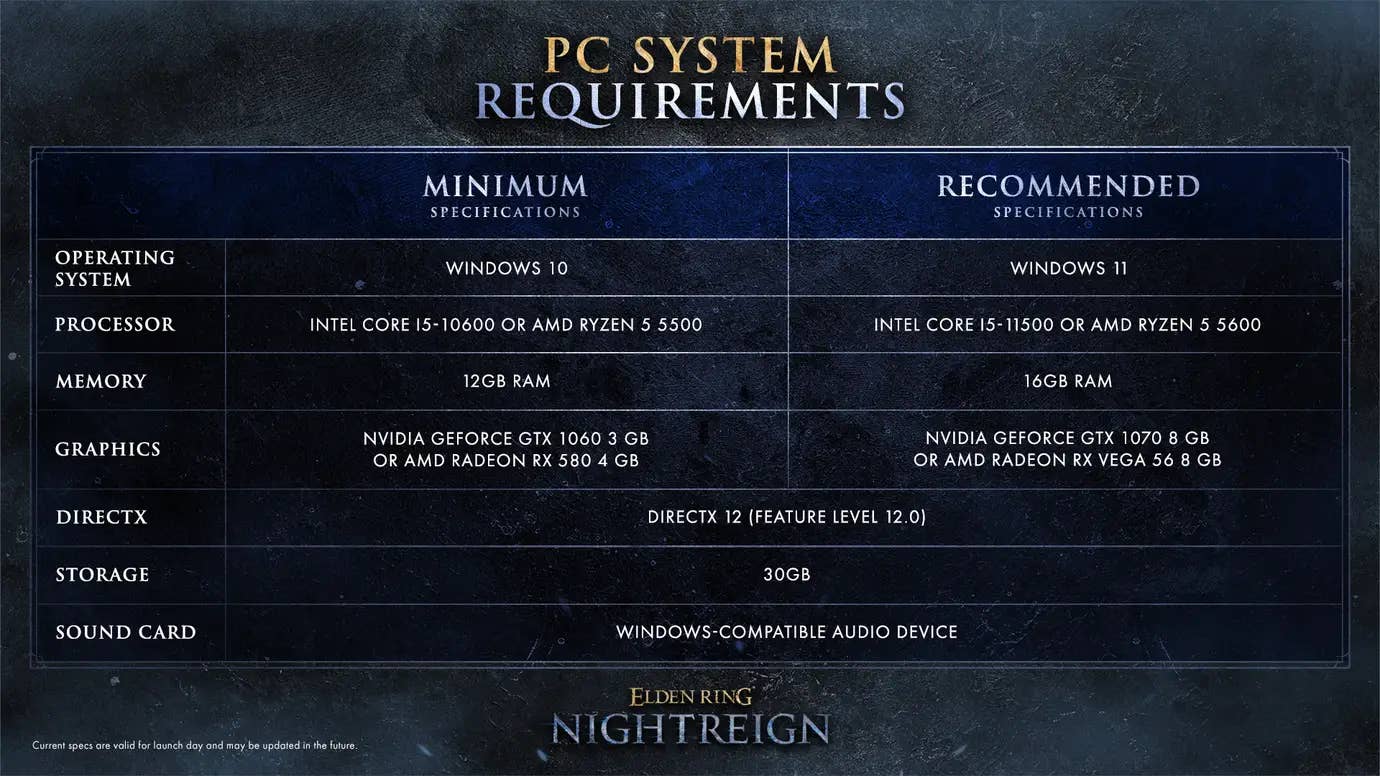
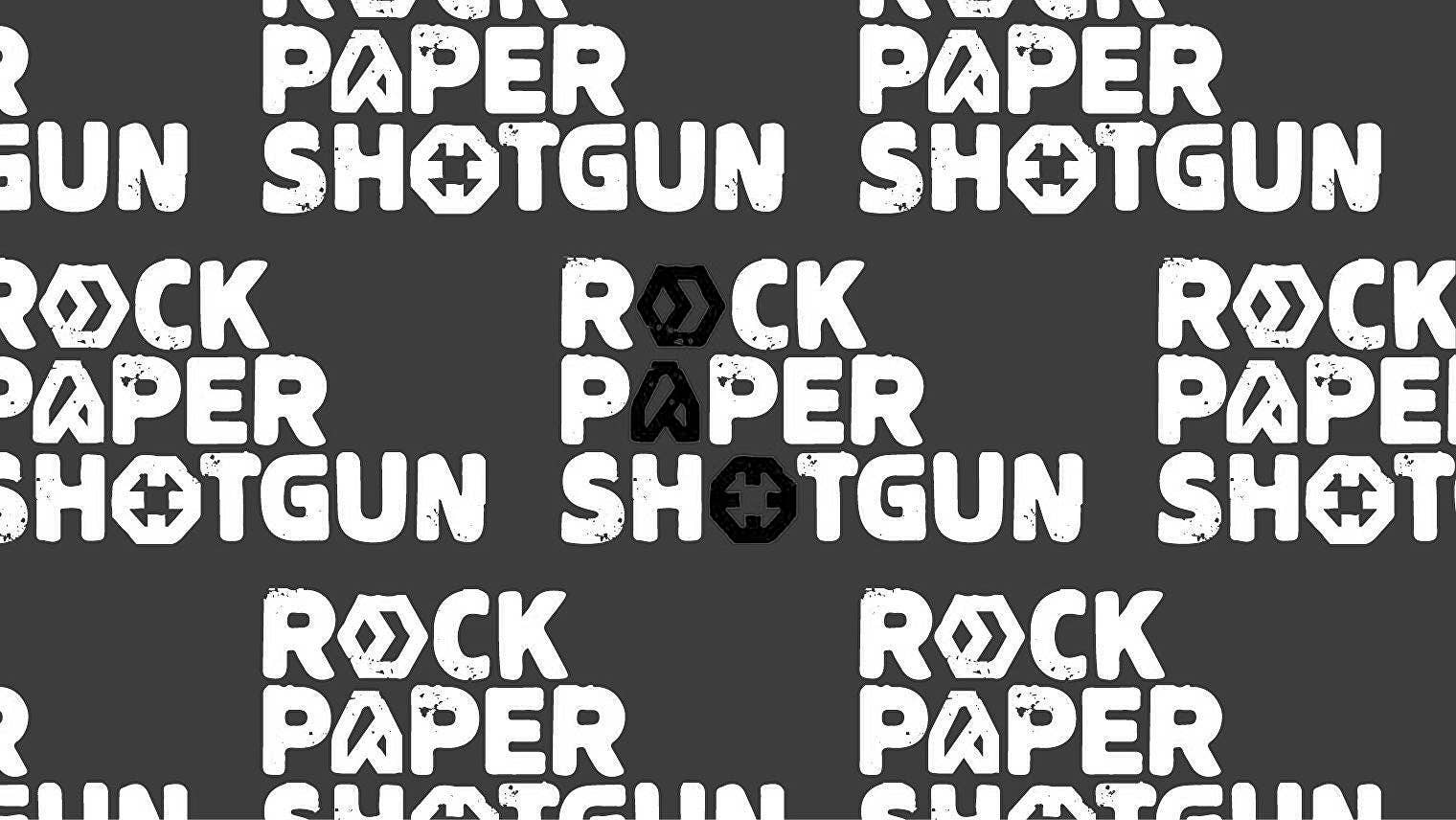
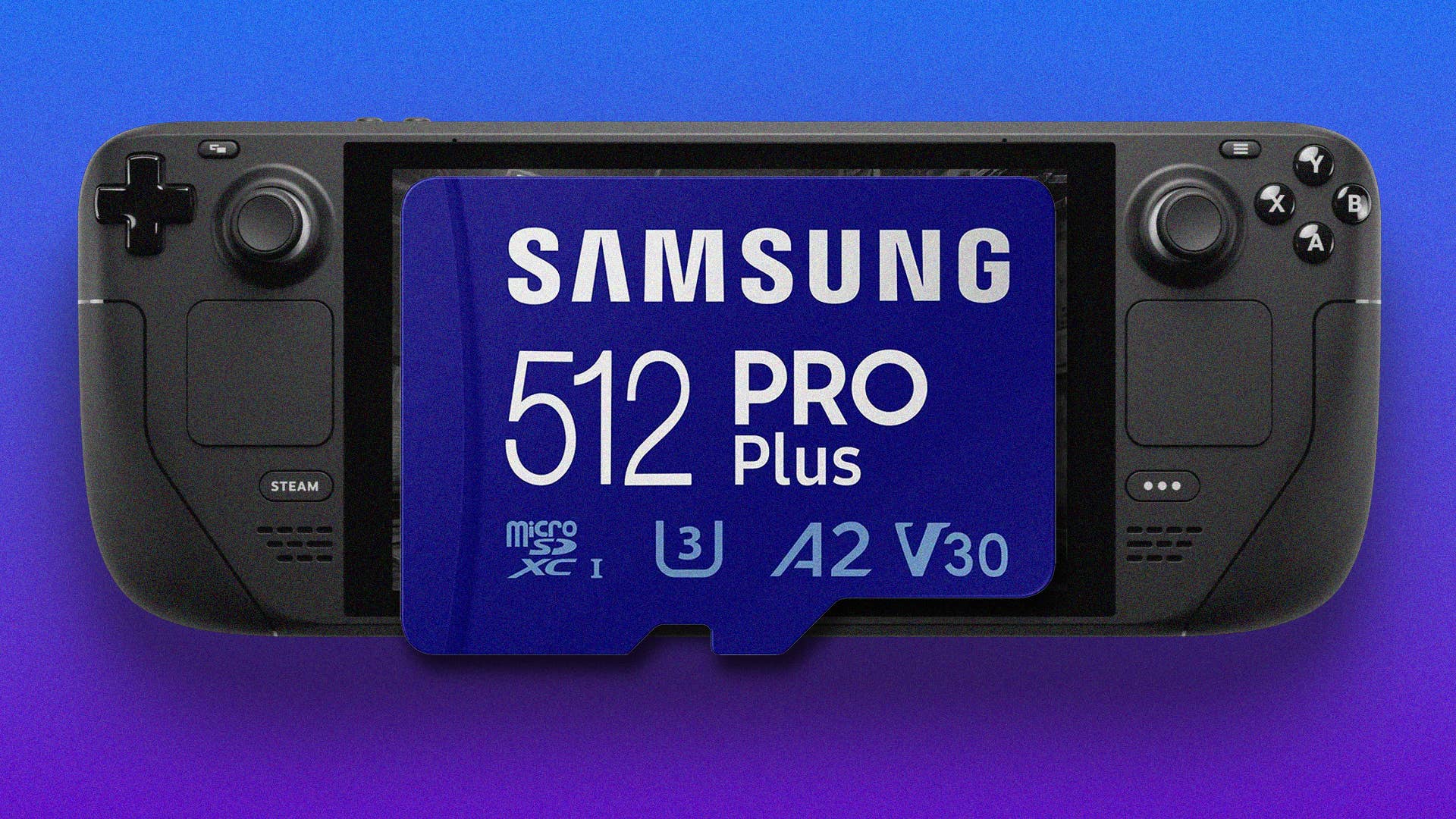











































































_Muhammad_R._Fakhrurrozi_Alamy.jpg?width=1280&auto=webp&quality=80&disable=upscale#)
_NicoElNino_Alamy.jpg?width=1280&auto=webp&quality=80&disable=upscale#)







































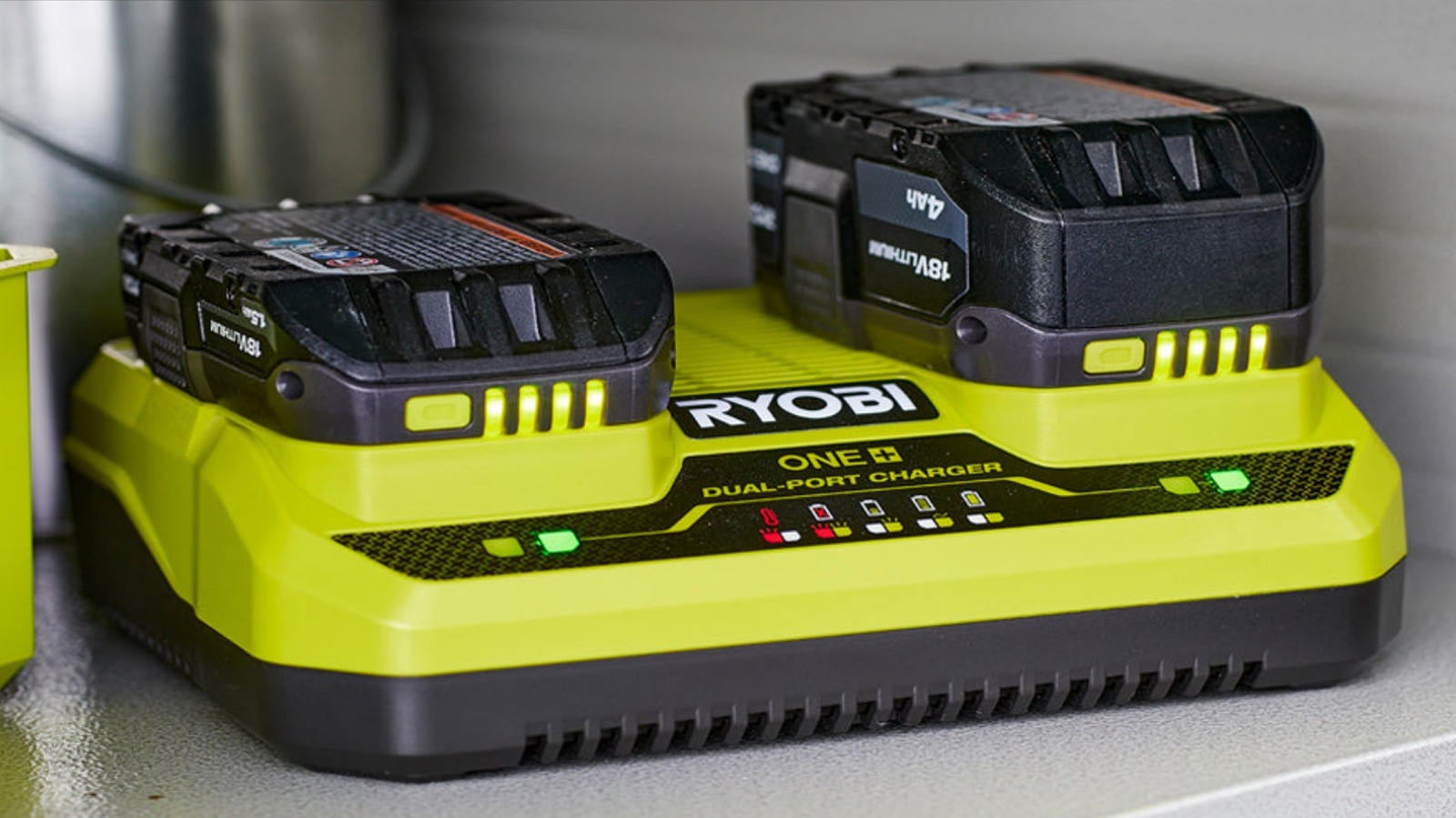














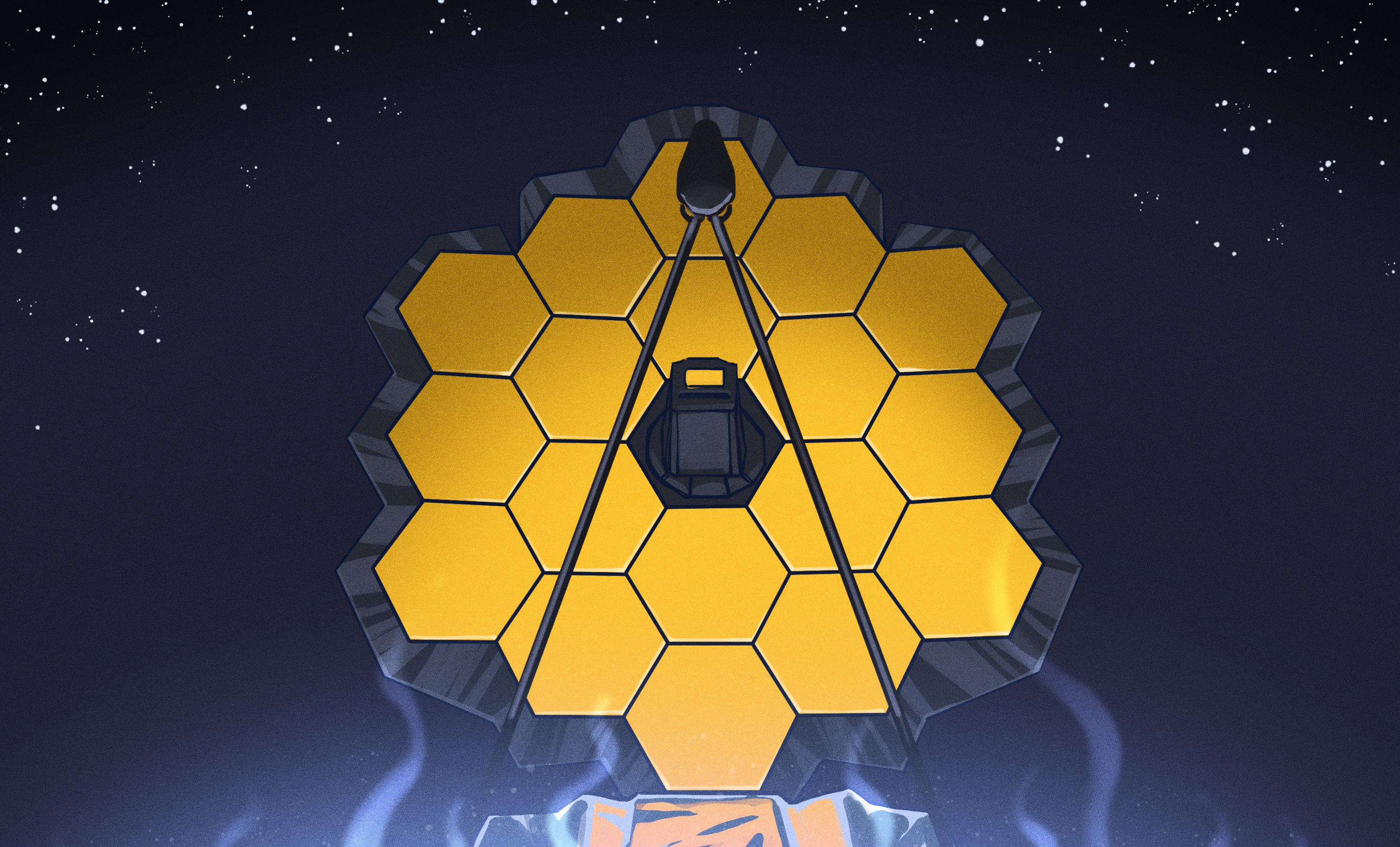
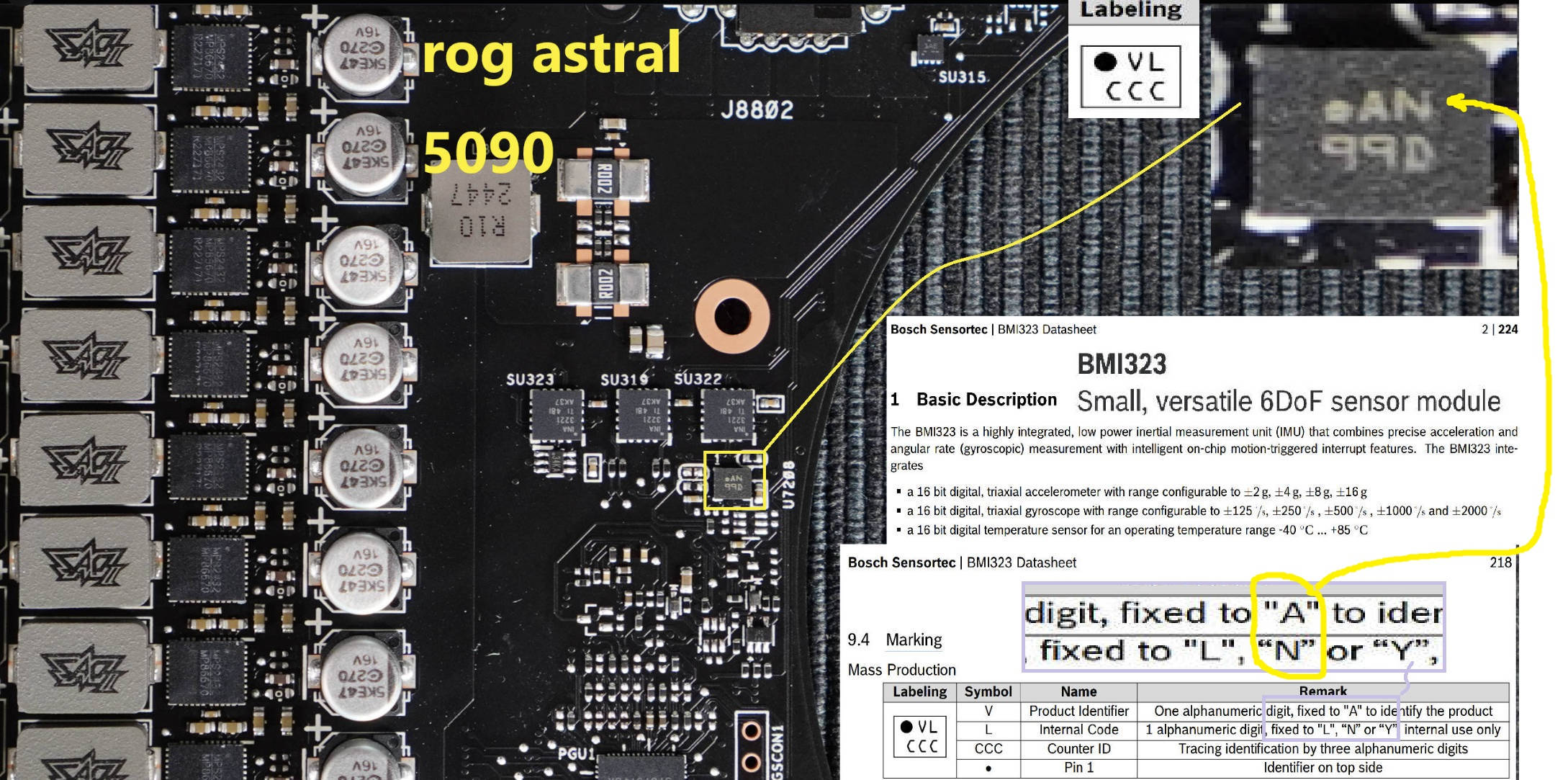
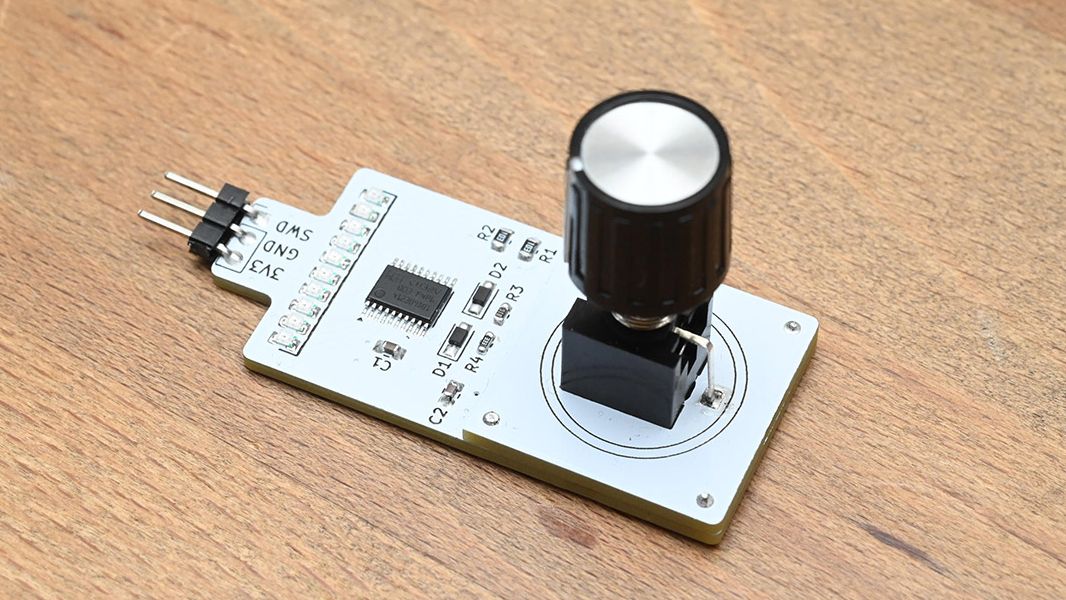



























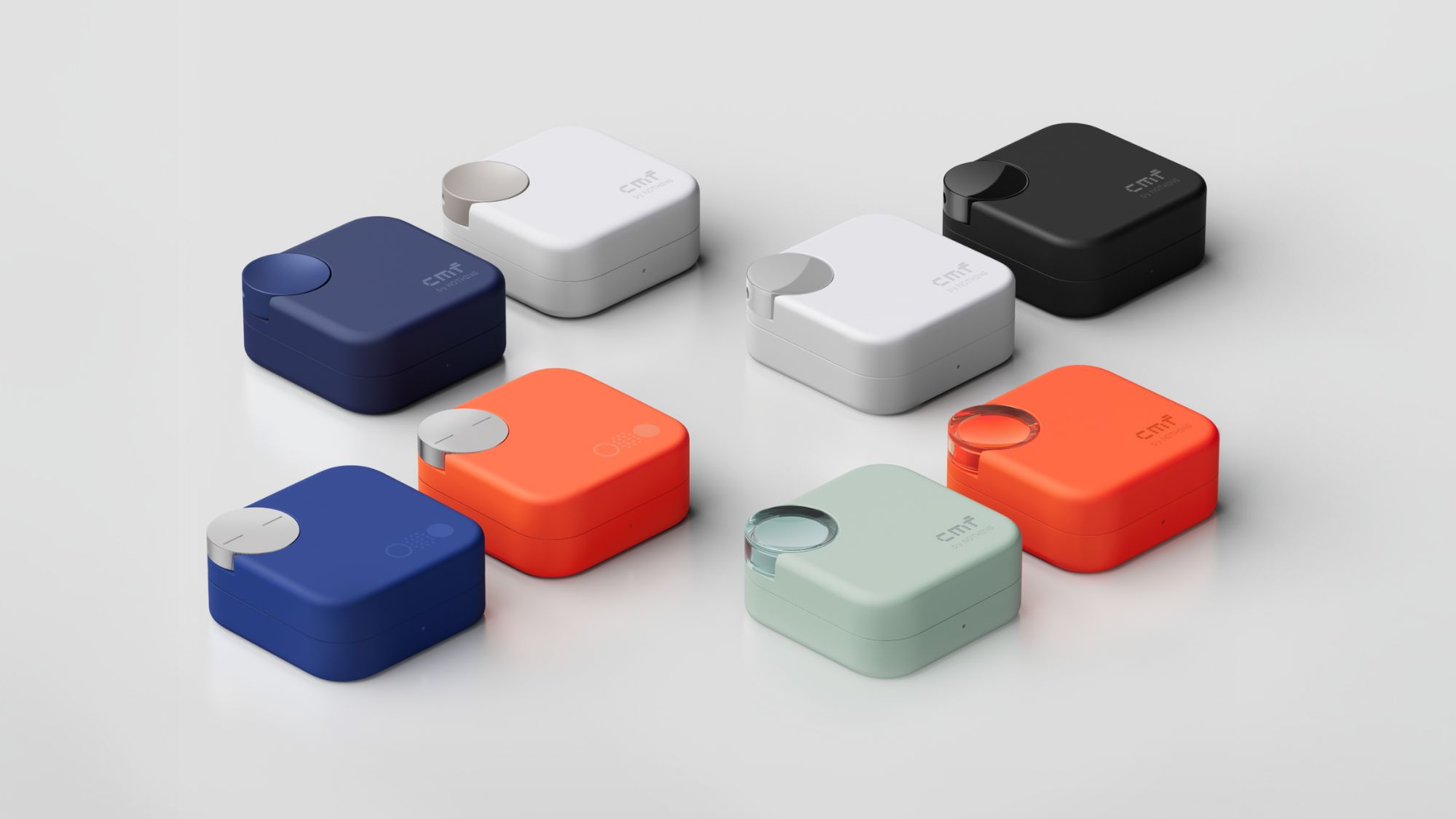

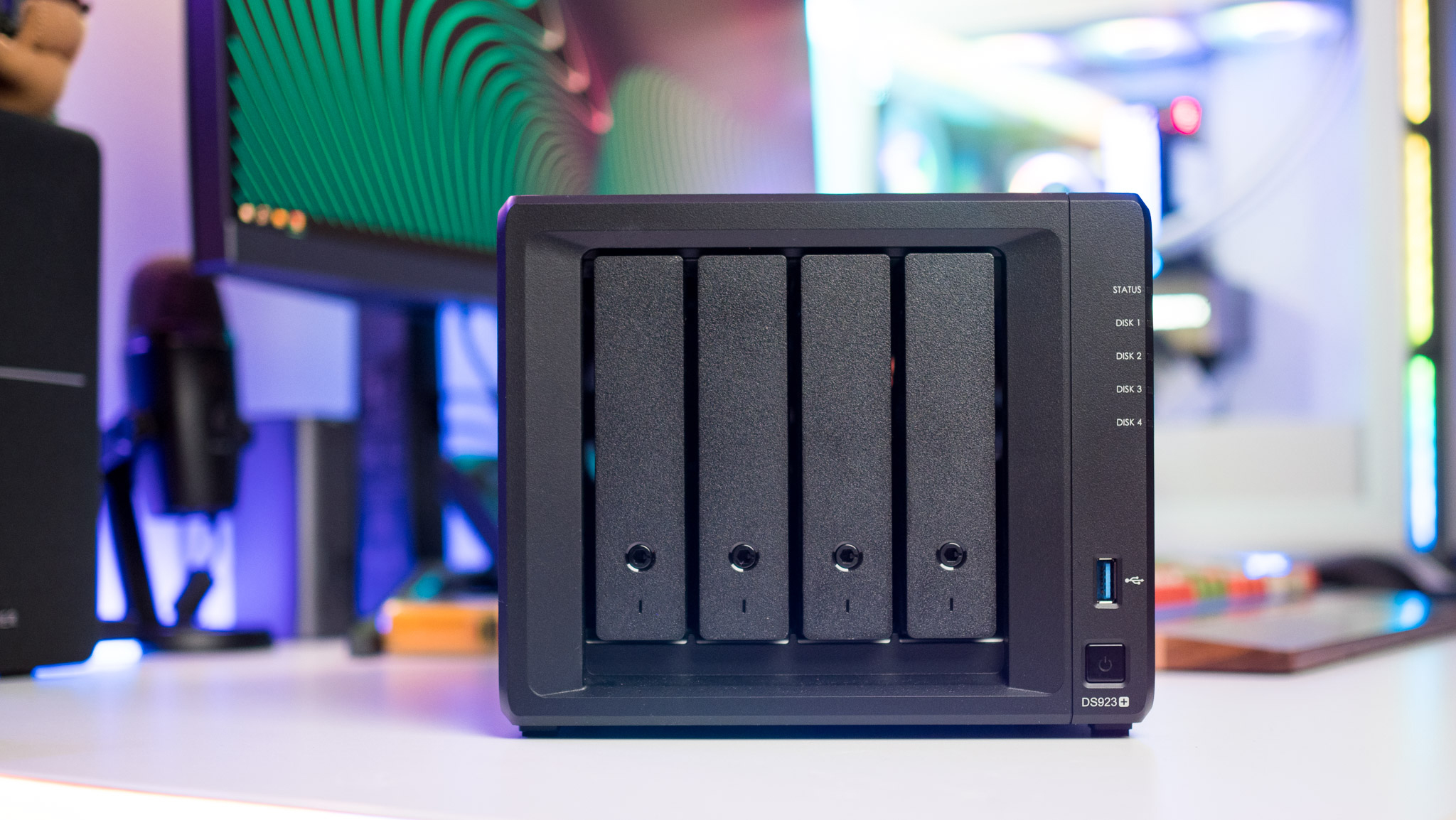



















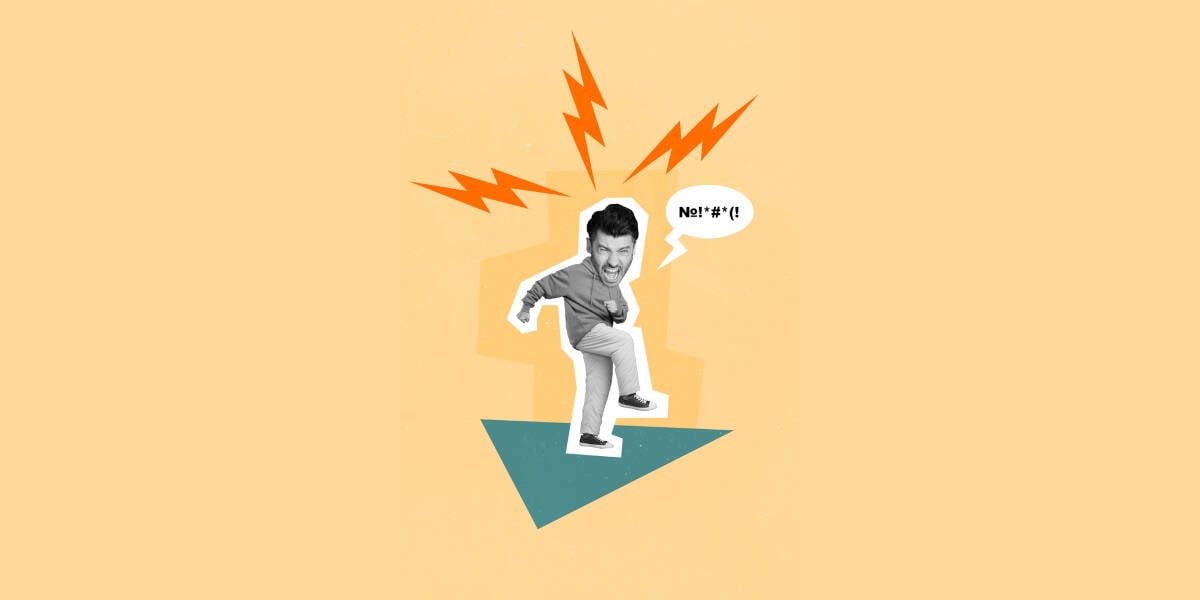


![M4 MacBook Air Drops to Just $849 - Act Fast! [Lowest Price Ever]](https://www.iclarified.com/images/news/97140/97140/97140-640.jpg)
![Apple Smart Glasses Not Close to Being Ready as Meta Targets 2025 [Gurman]](https://www.iclarified.com/images/news/97139/97139/97139-640.jpg)
![iPadOS 19 May Introduce Menu Bar, iOS 19 to Support External Displays [Rumor]](https://www.iclarified.com/images/news/97137/97137/97137-640.jpg)













